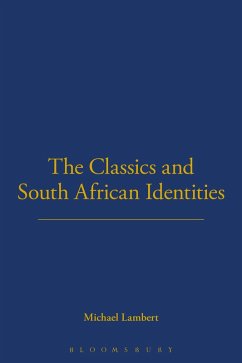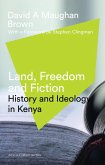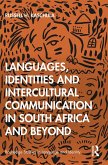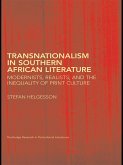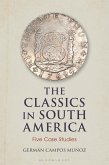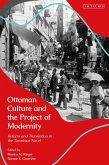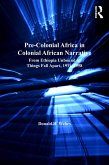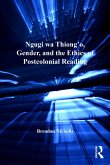The teaching and research of the Classics in South Africa are deeply rooted in the racial, political and educational inequalities which have characterised its turbulent history. In this original study, Michael Lambert opens three windows on to this history, using the creation of identities as his theoretical lens.
The foundation of the Classical Association of South Africa in 1956 and the cultural reinforcement of Afrikaner nationalist identity; the deployment of British colonial identity in public discourses about the role of the Classics in apartheid South Africa at an English-speaking university; and the exploration of black African identities in response to the teaching of the Classics at missionary institutions, where 'vocational training' was locked in combat with a classical education, regarded by an educated black elite as the means for upward social mobility in a highly-stratified colonial society. The book will be of interest to students of many subjects, including Classics, Cultural Studies, African Studies and History of Education.
The foundation of the Classical Association of South Africa in 1956 and the cultural reinforcement of Afrikaner nationalist identity; the deployment of British colonial identity in public discourses about the role of the Classics in apartheid South Africa at an English-speaking university; and the exploration of black African identities in response to the teaching of the Classics at missionary institutions, where 'vocational training' was locked in combat with a classical education, regarded by an educated black elite as the means for upward social mobility in a highly-stratified colonial society. The book will be of interest to students of many subjects, including Classics, Cultural Studies, African Studies and History of Education.

